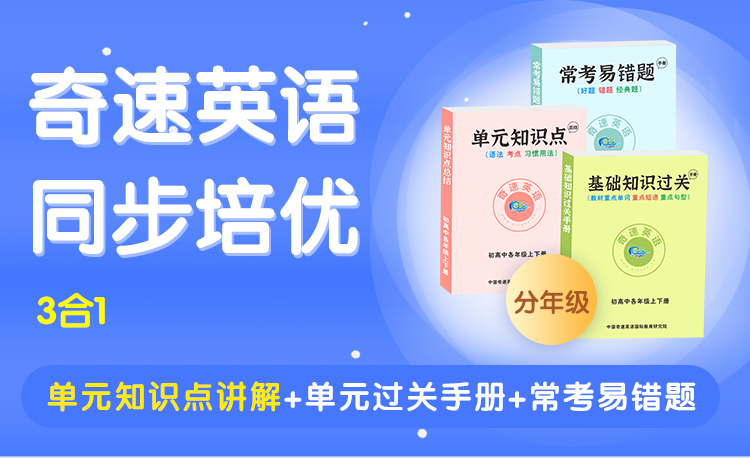Previous research shows that people with depression have elevated levels of the protein SGK1 in their blood. Little is known about this protein, though it seems to influence how brain cells process and transmit information.
To better understand its effects, Christoph Anacker and his colleagues analysed SGK1 in the brains of 50 men after they died, 36 of whom died by suicide. All the men had completed a survey about whether they experienced traumatic events in their childhood, such as abuse, neglect, homelessness or the death of a parent before they turned 16.
The researchers found that in the hippocampus—a brain region involved in stress and memory—levels of genetic material encoding for SGK1 were about 33 per cent higher, on average, in the men who died by suicide than in those who didn’t, rising further among those who also experienced childhood adversity.
In another part of the study, the team looked at more than 8500 children aged 9 to 10 and found that those diagnosed with depression were more likely to have increased activity in genes encoding for SGK1, with this heightened activity also being associated with childhood adversity.
Finally, the researchers gave 10 adult male mice injections of an experimental drug that inhibits SGK1 every day for 10 days. Thirty minutes after each dose, the animals were placed inside a cage with an aggressive mouse for 5 minutes, raising their stress levels. At the end of the 10 days, the injected mice showed fewer signs of anxiety and depression than a separate group of mice that were exposed to an aggressive animal after being injected with saltwater.
“When we reduce levels of SGK1 in this brain region, the hippocampus, mice are more resilient to the effects of stress,” says Anacker. A similar pathway seems to occur in humans, so targeting SGK1 could help alleviate depression among people who have experienced hardships early in life. It isn’t exactly clear how SGK1 may lead to worse mental health, but one explanation is that it interferes with the formation of brain cells in the hippocampus.
The drug used in this study isn’t approved for use in people, but other SGK1 inhibitors are in clinical trials for certain heart conditions. If these prove to be safe, they could be repurposed for mental health conditions, says Anacker. Still, “this kind of basic research in rodents is many, many steps from the kind of evidence that would be needed to say we have an actionable drug target in humans”, says Katie McLaughlin at Harvard University.
原创编写 版权所有 侵权必究! 每日更新 个性化阅读 英语飙升!







 更多优质学习内容
更多优质学习内容



